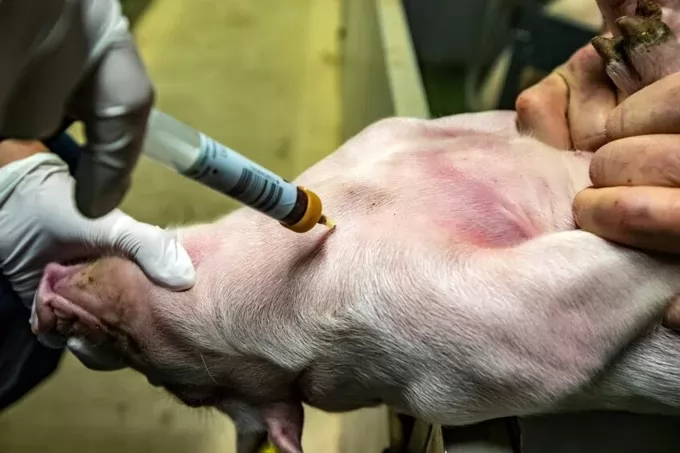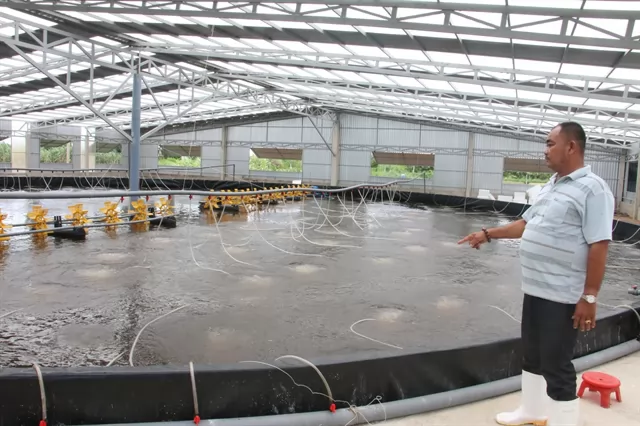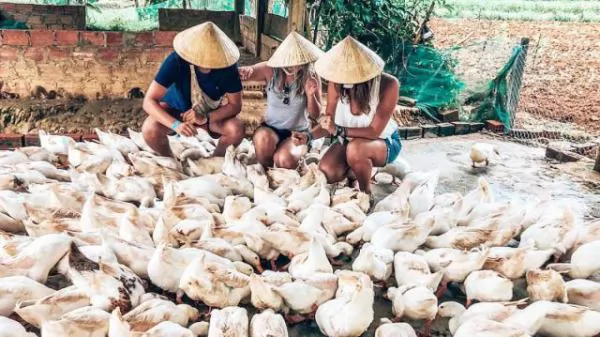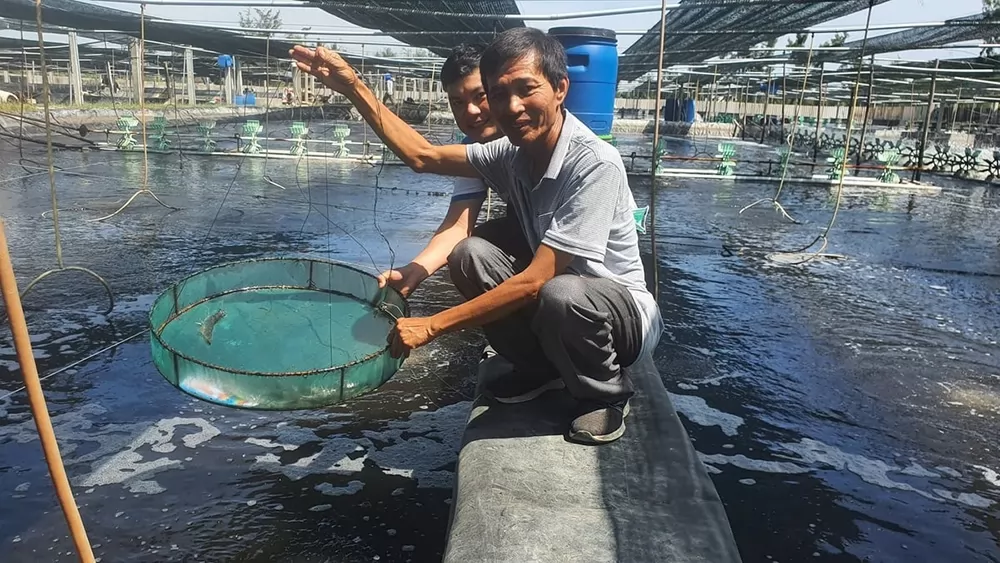Genus step closer to breeding PRRS-resistant pigs

Photo: Ronald Hissink
(VAN) Genetics company Genus, the mother company of breeder PIC, has completed a next step in the research to pigs resistant to Porcine Reproductive and Respiratory Syndrome (PRRS).
The wait is now for an approval of the US Food & Drug Administration (FDA).
The research project involves gene editing, a suitable application to use in cases where a single gene is involved; in this case, knocking out a single gene for the production of the surface protein. These gene edits result in pigs that lack a protein on their cell surfaces which enables entry of the PRRS virus.
ALSO READ: Interview Dr Lucina Galina (PIC): Searching for a solution to PRRS via genetics
Healthy pigs resisting PRRS
Genus geneticists reported about the latest development in a new scientific paper, published in The CRISPR Journal, a peer-reviewed title dedicated to gene editing.
The team “produced healthy pigs that resisted PRRS virus infection as determined by macrophage and animal challenges. This founder population will be used for additional disease and trait testing, multiplication and commercial distribution upon regulatory approval.”
The team completed the gene edit by injecting pig zygotes (fertilised eggs) with Streptococcus pyogenes bacteria with the gene editing complex CRISPR-Cas9 and ribonucleoprotein (RNP).
This involved the synchronising of the oestrous cycles of donor and surrogate gilts. Donor animals were artificially inseminated twice. About 16 hours later, presumptive zygotes were harvested and injected with the RNP/Cas9, and donor sows were then inseminated.
In their paper the team noted that “generation of this founder population was not without challenges” (for example, only about 20% of pigs carried the intended commercial edit).
Parent lines
In relation to Genus activities, Prof Alison Van Eenennaam, cooperative extension in animal genomics and biotechnology at University of California, Davis, noted recently in a US media outlet that to move to commercial breeding of these pigs across the industry, the gene edit must be introduced into all of the parent lines that make up the four-way cross that’s common in many breeding programmes.
These are the Duroc, Landrace, Large White and the ‘synthetic’ grandparent stock. Furthermore, a homozygous gene edit (both DNA strands) is needed.
To do this, Genus has determined it needed to edit 10 to 20 ‘high genetic merit’ pigs in each of the 4 parent lines.
H.D
(PP)
Maybe you are interested

Bến Tre expands hi-tech shrimp farming area
BẾN TRE - Bến Tre plans to develop at least 500ha of new hi-tech farming areas for breeding brackish-water shrimp this year.

Try a duck massage in Quảng Bình Province
Visitors can get their palms massaged by ducks who eat out of their hands at a farm in the central province of Quảng Bình near the famous Phong Nha - Kẻ Bàng Cave.

Da Nang positions fisheries as a key economic sector
The success of white-leg shrimp farming on sand in Thang Truong commune underscores the importance of environmental management and breed quality, providing the foundation for Da Nang to develop a sustainable fisheries development project.





